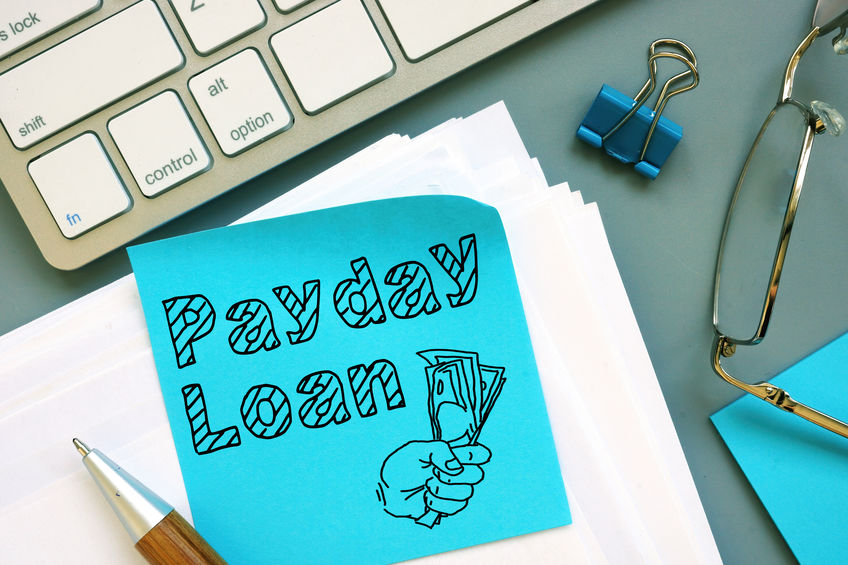In Florida, there are various laws which prescribe limitations on payday loans. First and foremost, any company wishing to issue payday loans must be licensed. Notably, the additional restrictions under Florida law include limitations on the number of loans you can have outstanding per customer, the amount of the loan, the fees and costs that can be charged, and the collections process if a customer does not pay their loan back.
How Many Loans Can a Customer Have Outstanding at Once?
In Florida, you are allowed to have only one outstanding payday loan per customer. These loans are tracked through a statewide database, so it is crucial to make sure that only one loan is issued per customer. Once the loan is paid back, there is a required 24-hour period in which you must wait before issuing another payday loan to the same customer. Additionally, under Florida law, a payday loan can never exceed $500.00.
How Much Can I Charge Customers in Fees and Costs in Florida?
In Florida, the fee that is legally allowed to be charged for a single payday loan is 10% of the entire loan amount. Additionally, verification fees that are labeled as costs are limited to five dollars for each loan. This is not an annual interest rate, but the rate that is being charged for the specific loan. For example, a seven-day payday loan of $100 with a 10% fee would cost ten dollars plus the verification fee for the seven-day period. Applying an annual rate, the 10% fee is equivalent to an interest rate in excess of 500%.
How Does the Collection Process Work under Florida Regulations?
Should the check that is issued by the customer not clear and/or the customer is unable to pay, the payday lender is not allowed to pursue criminal action against the customer for a bad check. With that said, you are allowed to demand payment but costs are limited to the 10% fee, the $5 cost, and any bad check fees imposed by your bank. Also, no additional costs are allowed to be charged if and unless a lawsuit is filed and additional costs are imposed by the court. In this situation, the lender is allowed to seek to recover interest on its judgment, but it is limited to the judgment rate in the state generally and not a rate based on the payday loan fee.
What is the Maximum Term and Grace Period for Payday Loans in Florida?
In Florida, payday loans are given for a period of 7-31 days and these terms must be strictly followed. Notably, “rollovers” are not allowed in Florida. This means that all loans should be repaid in time.
The law provides for a sixty day grace period if the customer is unable to pay back the loan upon the expiration of the contract term. But to take advantage of this grace period the customer must: (1) make an appointment with a credit counseling agency within seven days of the original due date, and (2) complete the credit counseling within the sixty day grace period. If the credit-counseling agency recommends a repayment plan, the customer may repay the debt in accordance with the plan without incurring additional fees or costs.








